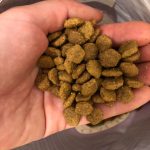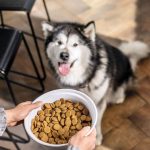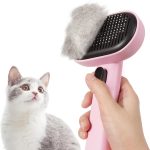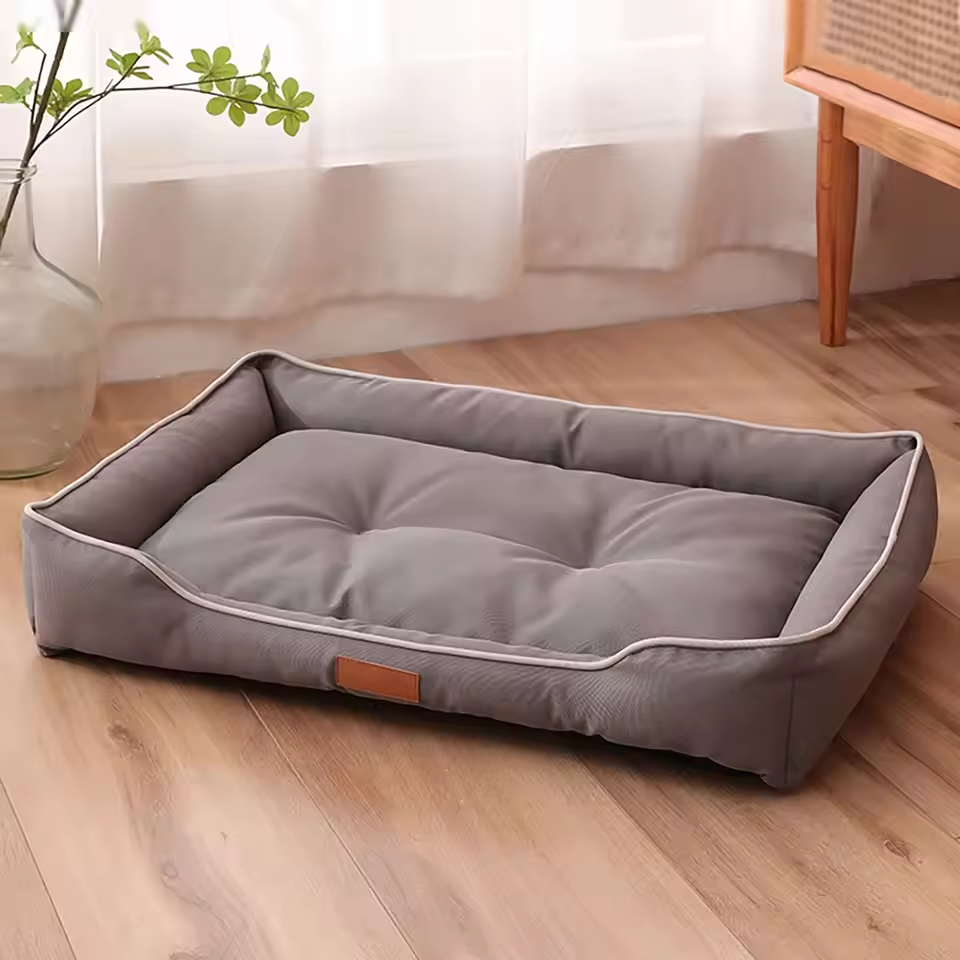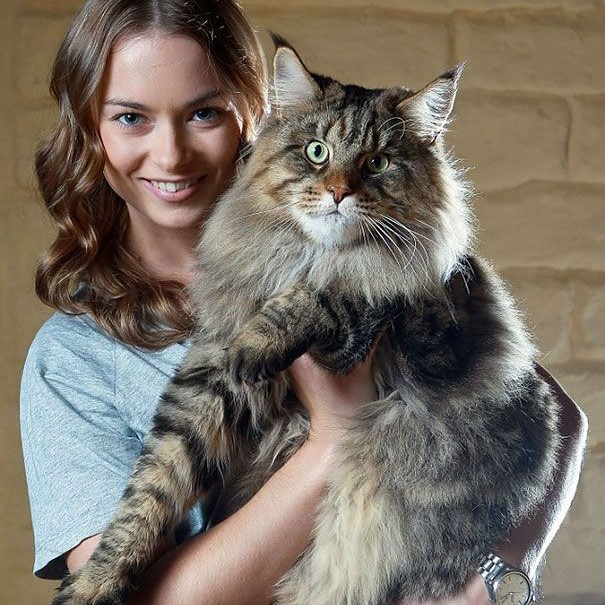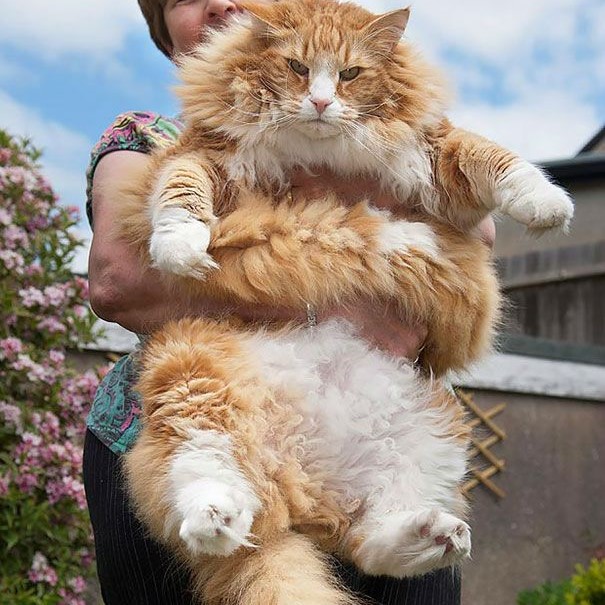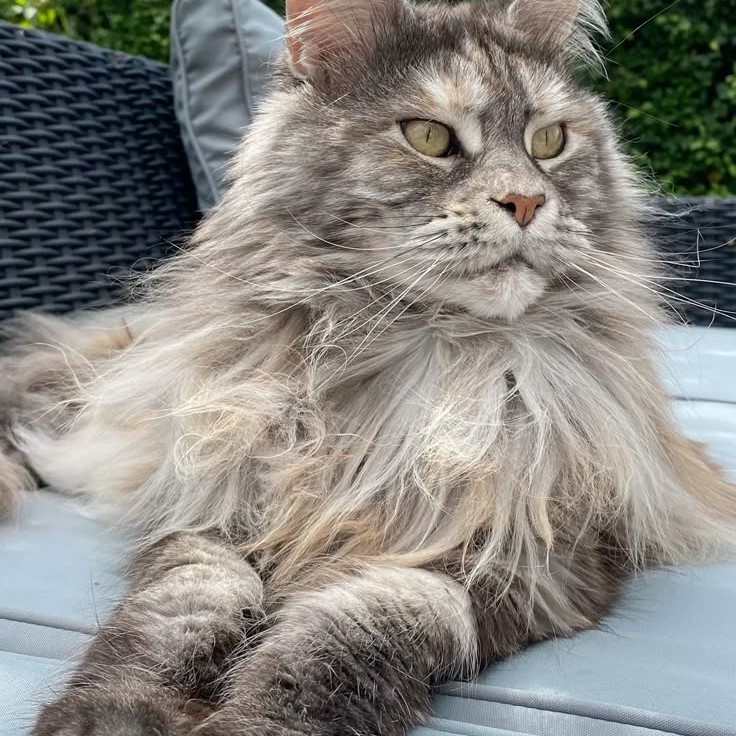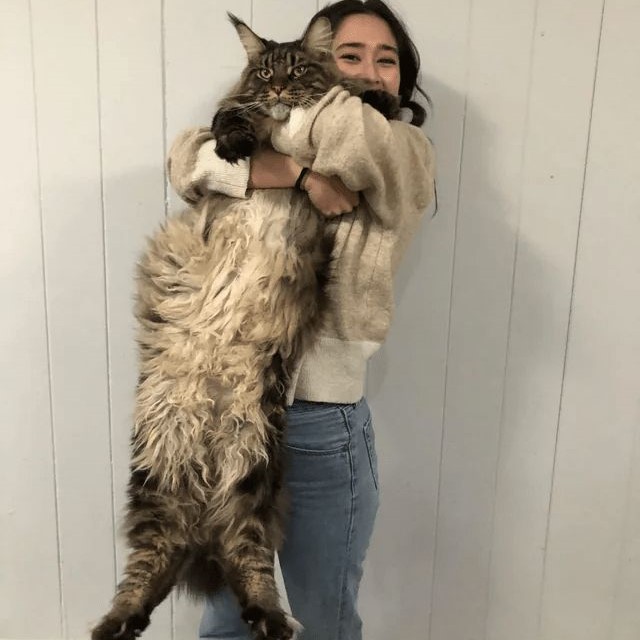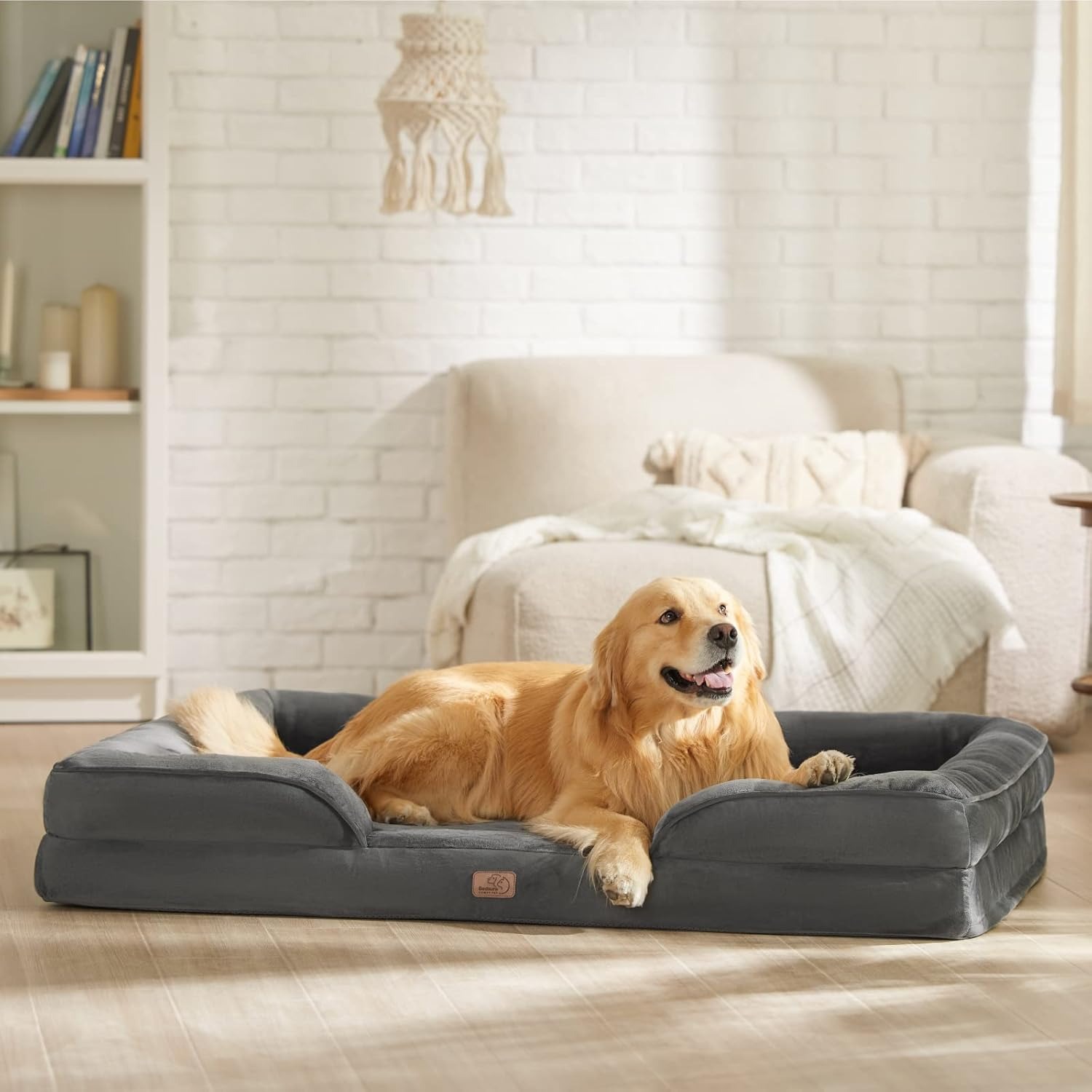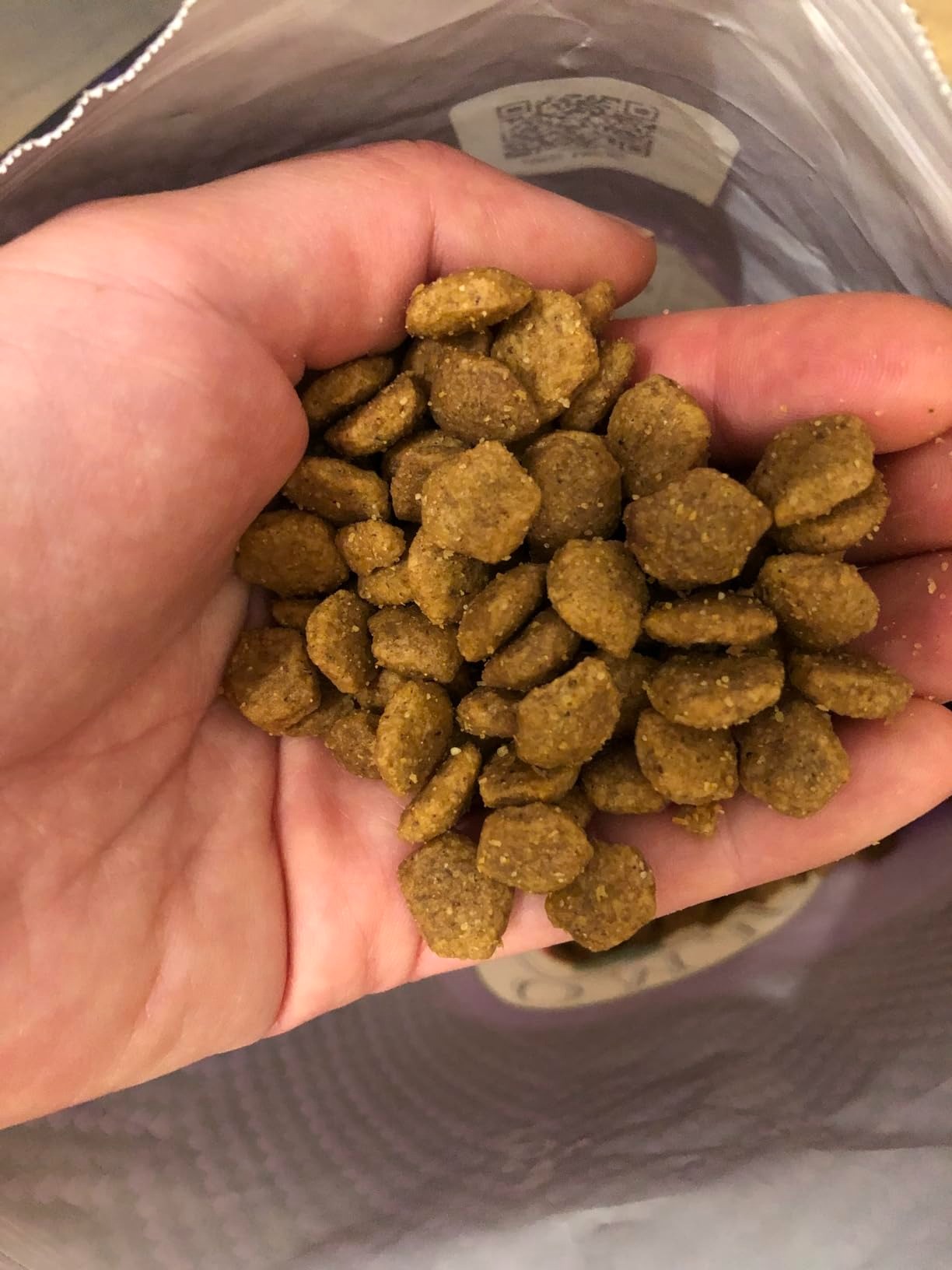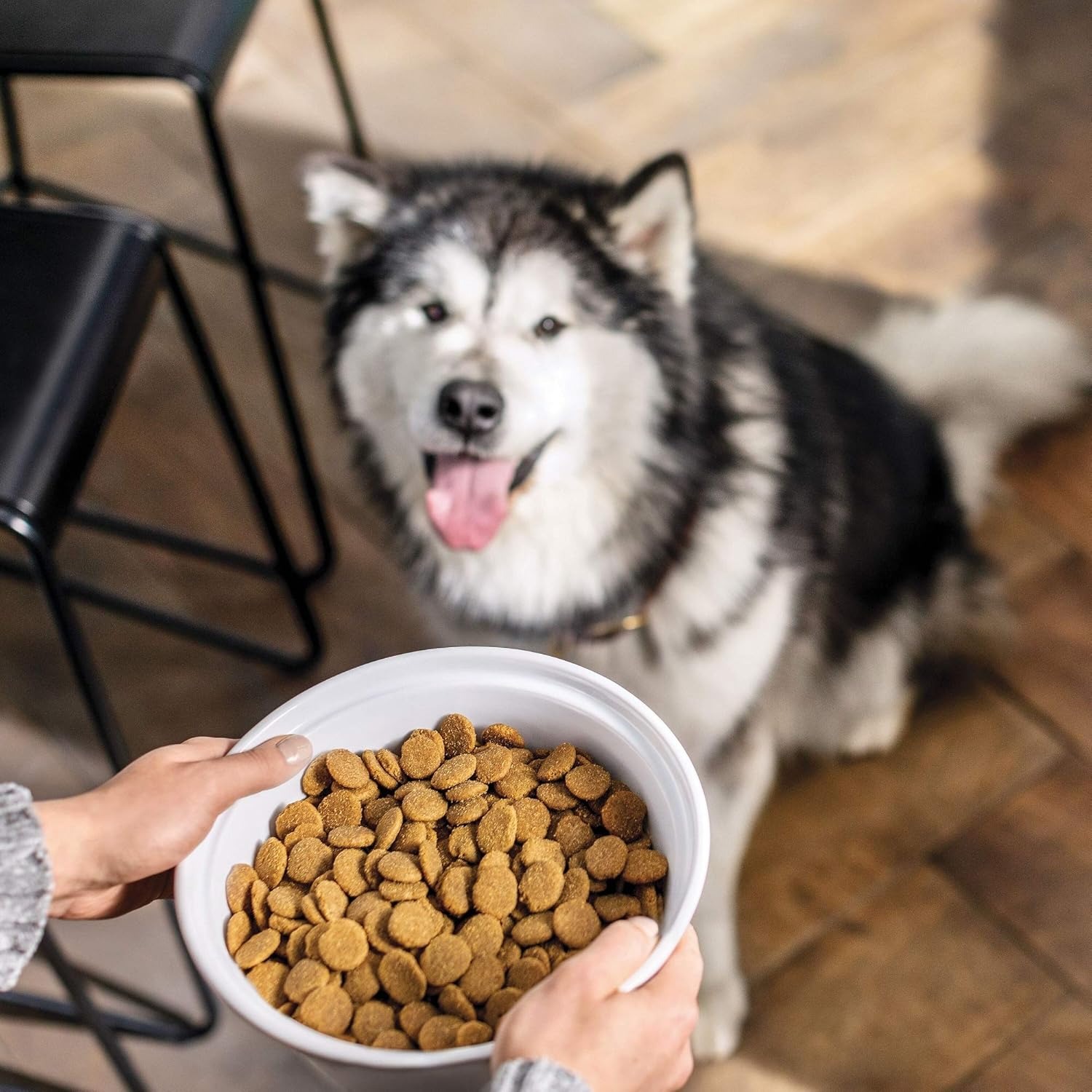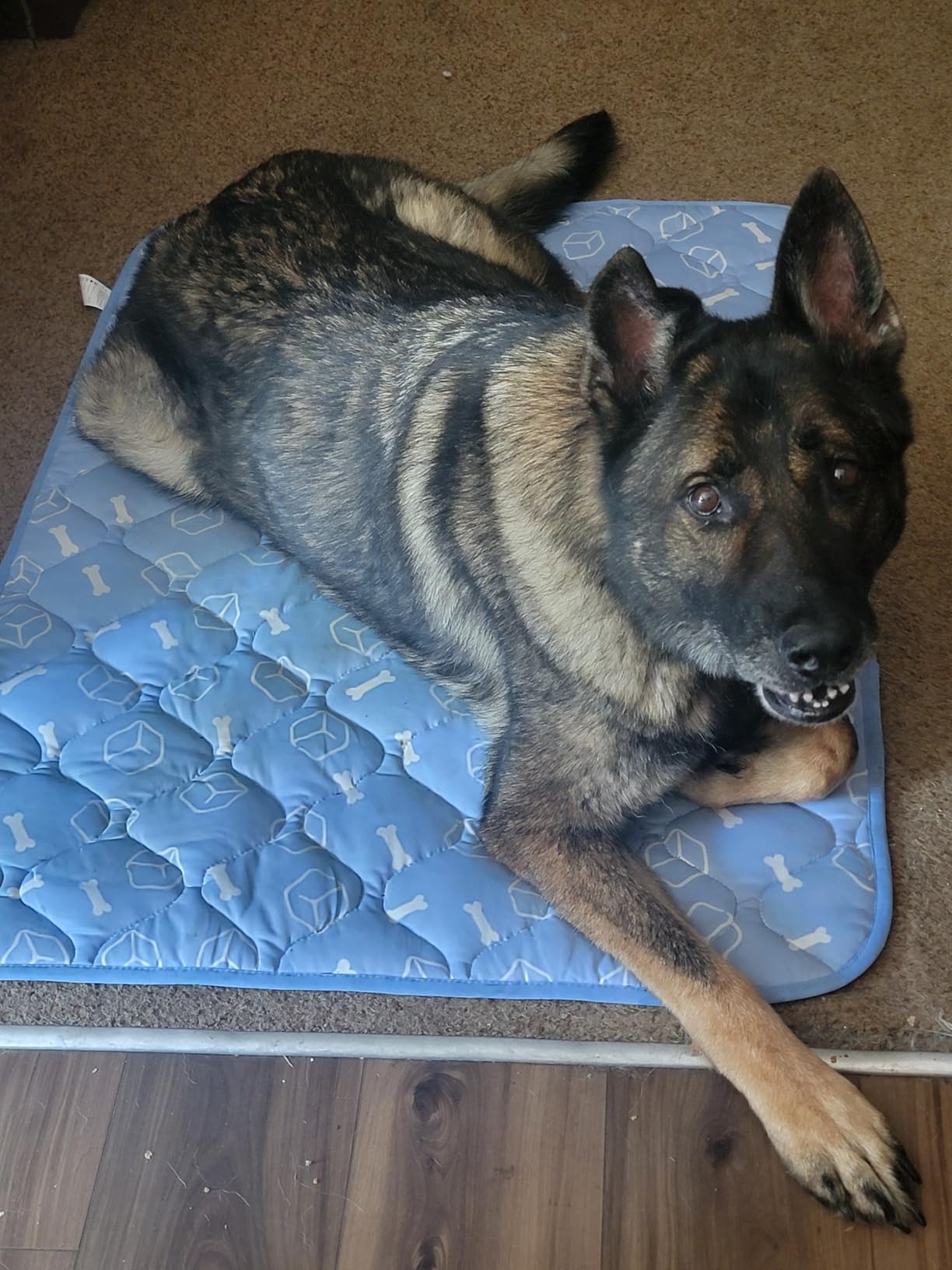Introduction to the Maine Coon Cat Lifespan
Maine Coon cats are renowned for their striking appearance, playful personalities, and gentle temperaments. As one of the largest domesticated cat breeds, they possess unique qualities that endear them to cat lovers. However, it’s essential to understand their Maine Coon cat lifespan and what factors can influence it.
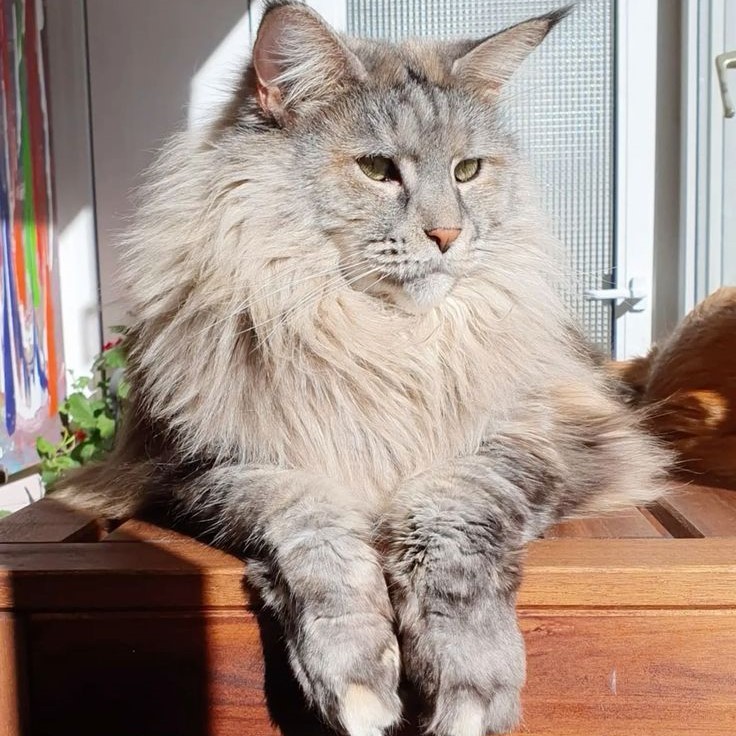
Typically, Maine Coons have an average lifespan of 12 to 15 years, but with proper care, some can live even longer. This article will provide insights into maximizing your Maine Coon’s lifespan through nutrition, veterinary care, and everyday practices. Embracing these tips will help ensure that your cherished feline enjoys many healthy years by your side.
Understanding the Average Lifespan of Maine Coon Cats
To celebrate the Maine Coon cat lifespan, it’s crucial to know the average age these cats typically reach. As mentioned, Maine Coons usually live between 12 to 15 years. Here’s a breakdown of what affects their lifespan:
- Genetics: Genetics plays a significant role in determining how long your Maine Coon may live. Some lines may be predisposed to specific health issues that could shorten their lives. Researching the lineage of your cat can provide valuable insight.
- Size and Health Considerations: Maine Coons are larger than average cats, which can lead to unique health challenges. By understanding these factors, cat owners can take proactive measures to enhance their Maine Coon’s lifespan.
Key Factors Influencing Maine Coon Lifespan
Nutrition is one of the primary factors affecting the health and lifespan of your Maine Coon. Here’s how to ensure they receive the proper nutrients:
- High-Quality Diet: A high-quality, protein-rich diet is essential. Cats are obligate carnivores, so their food should primarily consist of meat. Aim for brands that use real meat as the first ingredient.
- Weight Management: Maine Coons can be prone to obesity, contributing to various health problems like diabetes and joint issues. Regular monitoring of their weight and controlling portion sizes can prevent excessive weight gain.
- Hydration: Hydration is equally important. Ensure your Maine Coon has access to plenty of fresh water. Consider providing wet food occasionally, as moisture aids in hydration and kidney function.
Importance of Regular Veterinary Check-Ups
Routine veterinary visits are crucial in maintaining a healthy Maine Coon.
- Annual Exams: Schedule annual check-ups to monitor your Maine Coon’s health. These visits allow for vaccinations, dental check-ups, and early detection of potential health issues.
- Preventive Measures: Discuss preventive measures with your veterinarian. This might include vaccinations and regular parasite control. Staying proactive can prevent many common diseases from affecting your cat’s lifespan.
Grooming for Health and Happiness
Maine Coons boast luxurious coats that require regular grooming.
Regular Brushing
- Importance of Regular Brushing: Brushing your Maine Coon at least two to three times a week is essential for maintaining a healthy coat. This routine helps prevent matting, which can cause discomfort and lead to skin issues.
- Preventing Matting: Maine Coons have long, thick fur that is prone to tangling. By brushing regularly, you can remove loose fur and prevent knots from forming. This is particularly important in areas with friction, such as the armpits and behind the ears.
- Distribution of Natural Oils: Regular grooming not only removes loose hair and dirt but also helps to distribute natural oils evenly throughout their fur. This promotes a shiny, healthy coat and helps keep the skin moisturized.
- Choosing the Right Brush: Use a high-quality slicker brush or a wide-toothed comb designed for long-haired cats. These tools effectively detangle and remove mats without causing discomfort.
- Creating a Positive Grooming Experience: Make brushing a positive experience for your Maine Coon by using treats and praise. Gradually introduce brushing sessions to your cat to help them become comfortable with the process.
Bathing
- Frequency of Bathing: Maine Coons typically do not require frequent baths due to their self-grooming habits. However, an occasional bath can help keep their fur clean and free of excess oils and dirt.
- When to Bathe: Consider bathing your Maine Coon if they become particularly dirty, have been outdoors, or develop a noticeable odor. Regular baths can help maintain a pristine coat and improve overall hygiene.
- Using the Right Shampoo: When bathing your Maine Coon, it is crucial to choose a gentle, cat-safe shampoo. Human shampoos can cause skin irritation; therefore, opt for a product specifically designed for cats or veterinary-recommended options.
- Bathing Technique: Prepare your bathing area beforehand, ensuring that everything you need is within reach. Use lukewarm water, and avoid getting water in their ears, eyes, or nose. Gently wet their fur and apply the shampoo, massaging it into the coat before rinsing thoroughly.
- Drying Your Cat: After the bath, dry your Maine Coon with a soft towel. Be gentle and avoid using a hairdryer, as the noise can be stressful for many cats. Ensure they are warm and comfortable after the bath to avoid chills.
Ear and Nail Care
- Ear Care: Regularly check your Maine Coon’s ears for any signs of dirt, wax buildup, or infection. Using a damp cotton ball or a vet-recommended ear cleaner, gently wipe the outer part of the ear to keep them clean.
- Signs of Ear Problems: Look for signs of ear problems, such as scratching at the ears, shaking their head frequently, or an unusual odor. These signs may indicate infections or allergies, requiring a vet’s attention.
- Nail Trimming: It’s essential to trim your Maine Coon’s nails every few weeks. Long nails can lead to discomfort, difficulty walking, and even injury to their paws or furniture around the house.
- Proper Nail Trimming Technique: Use cat-specific nail clippers or human nail clippers to trim their nails. Be cautious not to cut into the quick, the pink area inside the nail, as this can be painful and bleed. If you’re unsure, consult your veterinarian or a groomer for guidance.
- Establishing a Routine: Incorporate ear and nail care into your regular grooming routine. This helps your Maine Coon get used to the process and reduces stress for both you and your cat. Regular care is key to maintaining their overall health and well-being.
Creating a Safe and Stimulating Environment
A stimulating environment is essential for your Maine Coon’s well-being.
- Interactive Playtime: Engage in regular play sessions with your Maine Coon. Toys such as feather wands, laser pointers, and puzzle feeders can provide both physical exercise and mental stimulation.
- Social Interaction: Maine Coons are known for being sociable. Spend quality time with your cat to build a strong bond. They thrive on social interactions, so consider incorporating games that involve both you and your Maine Coon.
- Safe Spaces: Create a cozy environment with plenty of perches, scratching posts, and hiding spots. These areas provide security and comfort, essential for the emotional health of your cat.
Common Health Issues in Maine Coons
By being aware of common health issues, you can ensure your Maine Coon’s long-term health.
Hypertrophic Cardiomyopathy (HCM)
- Overview of HCM: Hypertrophic Cardiomyopathy, or HCM, is a common heart condition found in Maine Coon cats. It is characterized by the thickening of the heart muscle, which can impede the heart’s ability to pump blood effectively.
- Prevalence in Maine Coons: This condition is particularly prevalent in this breed due to genetic factors. HCM can lead to serious health complications, including heart failure and sudden cardiac death if not managed properly.
- Importance of Early Detection: Early detection is vital for managing this condition effectively. If HCM is diagnosed early, proactive measures can be implemented to help maintain your cat’s quality of life.
- Regular Check-Ups: Routine veterinary check-ups are crucial for monitoring heart health. During these visits, your vet may perform heart ultrasounds, physical examinations, and other diagnostic tests to assess your cat’s cardiac function.
- Signs to Look For: While some cats may show no symptoms, others may experience signs such as lethargy, difficulty breathing, or decreased appetite. Be vigilant and report any concerning symptoms to your veterinarian promptly.
Hip Dysplasia
- Understanding Hip Dysplasia: Hip dysplasia is a genetic condition that affects the hip joint’s formation, resulting in an improper fit between the ball and socket. This can lead to arthritis and significant pain over time.
- Genetic Factors: It is particularly common in larger breeds, including Maine Coons. Genetic predisposition means that certain cats are more likely to develop this condition, making early awareness essential for owners.
- Symptoms to Monitor: Watch for signs of hip dysplasia, including difficulty jumping, reluctance to play, or noticeable lethargy. If your Maine Coon appears to have difficulty moving or exhibits rapid fatigue during normal activities, it may indicate a hip issue.
- Veterinary Consultation: If you notice any of these signs, consult your veterinarian immediately. Early diagnosis can lead to effective treatment options and improved outcomes for your cat.
- Management Strategies: Depending on the severity of the condition, management strategies may include weight management, physical therapy, medications for pain relief, or even surgical intervention in severe cases.
Early Detection
- Importance of Vigilance: Early detection of health issues is critical for the well-being of your Maine Coon. Being vigilant and observant of any abnormal behavior can help identify potential problems before they become severe.
- Addressing Signs of Illness: If you observe any signs of illness, such as changes in appetite, behavior, or weight, it is essential to address these issues promptly. Delaying veterinary consultation can worsen underlying health conditions.
- Enhanced Treatment Outcomes: The sooner health issues are detected, the higher the chances for effective treatment and long-term management. Regular health check-ups, along with attentive observation at home, create a strong foundation for ongoing health.
- Building a Relationship with Your Veterinarian: Establishing a good relationship with a trusted veterinarian can provide peace of mind. Regular communication about your cat’s health can lead to better management and proactive care strategies.
- Long-term Monitoring: Once health concerns are identified, working with your vet for long-term monitoring will help ensure that any changes are addressed quickly, maintaining your Maine Coon’s health and happiness.
Celebrating Your Maine Coon’s Life
Celebrating your Maine Coon goes beyond physical care; it involves fostering a loving environment through daily interaction and understanding.
- Quality Time: Spend time cuddling, grooming, and playing with your Maine Coon. Consistent affection reinforces your bond and helps them feel secure and loved.
- Milestones and Memories: Acknowledge special occasions, such as birthdays or adoption anniversaries. Take pictures and create a scrapbook to commemorate these moments and strengthen your connection.
- Participate in Activities: Look for local cat shows or community events that feature Maine Coons. Participating can be a fun way to engage with other Maine Coon owners and celebrate your furry companion.
Conclusion
In conclusion, understanding the Maine Coon cat lifespan and the factors influencing it can significantly enhance your feline’s quality of life. By focusing on proper nutrition, regular veterinary care, grooming, and a stimulating environment, you can ensure your Maine Coon enjoys a fulfilling and long life.
Celebrate the individuality and charm of your Maine Coon by providing them with the care they deserve. Striving for their well-being will not only extend their lifespan but also enrich your life in immeasurable ways. With your attention and love, your Maine Coon can thrive and bring joy to your home for many happy years. Enjoy each moment with your furry friend, and may your journey together be filled with health and happiness!

